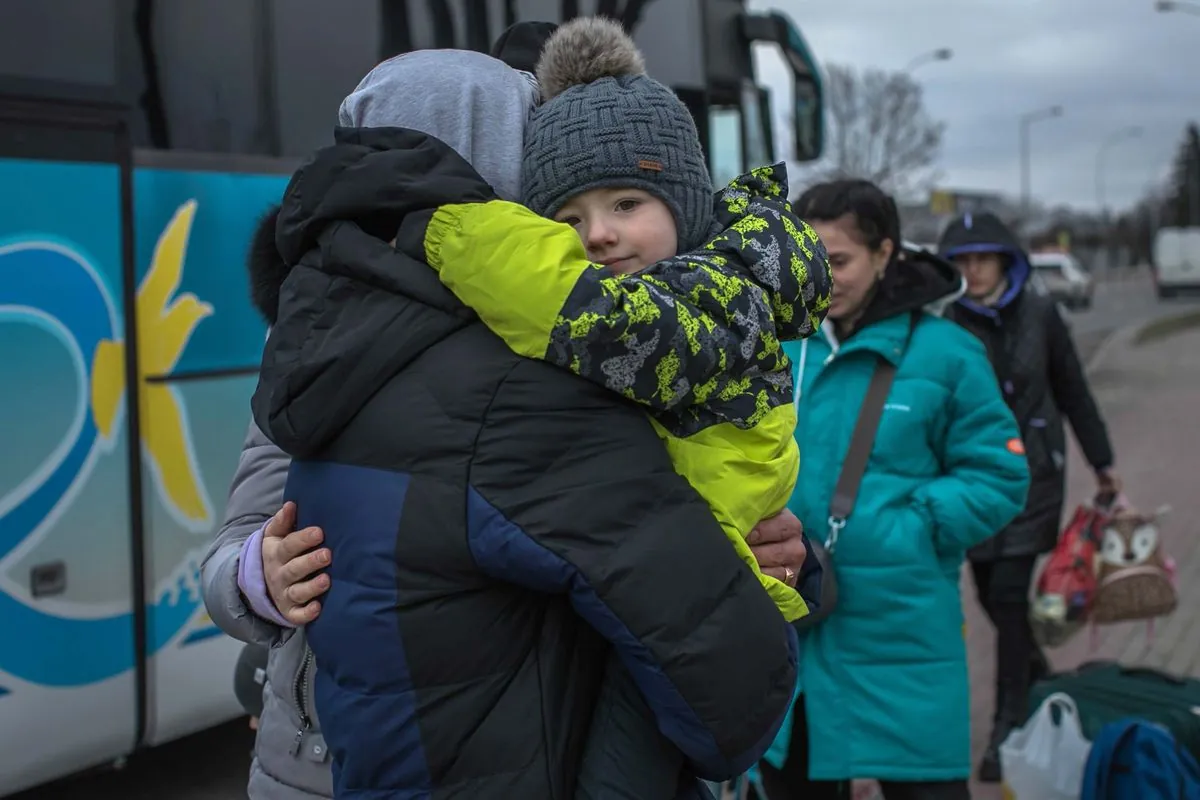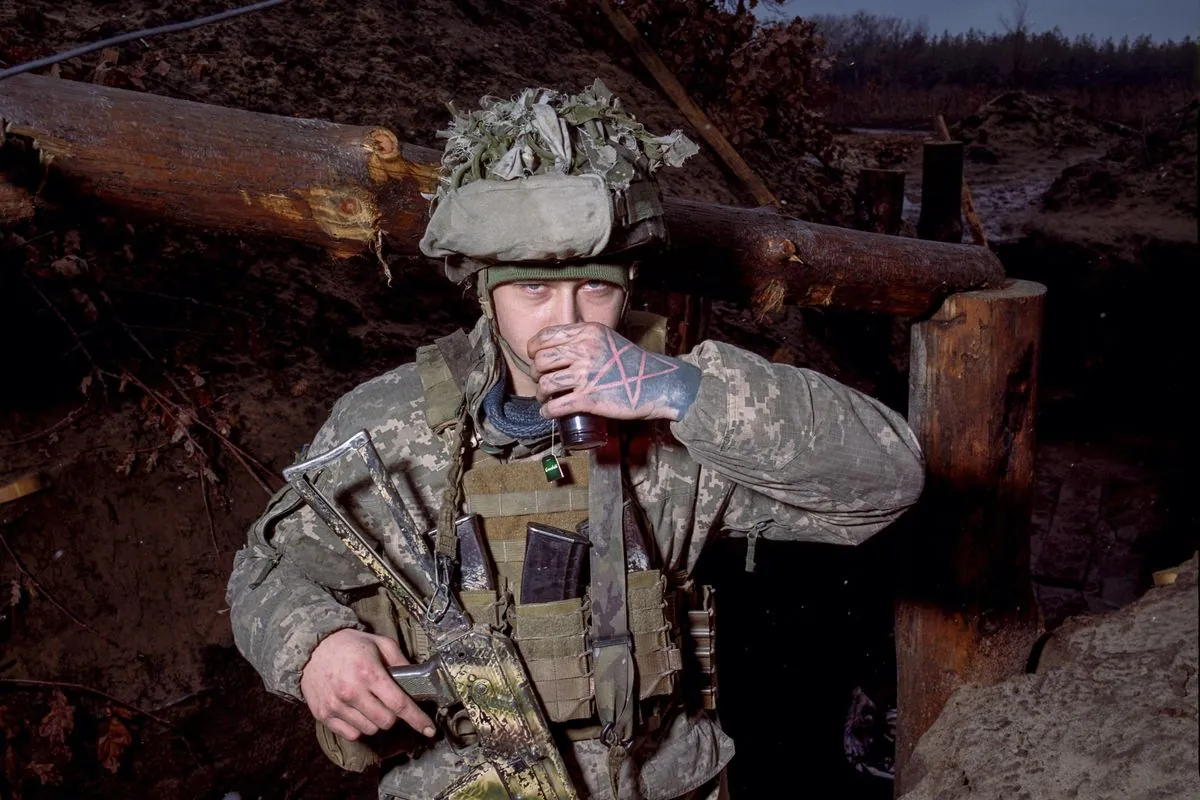Unveiling the Human Face of War: A Look at Ukrainian Refugees' Resilience
Valery Panyushkin's "Displaced" offers a unique perspective on the Russia-Ukraine conflict, focusing on civilian experiences and the emergence of humanitarian efforts amidst chaos.

In the wake of Russia's full-scale invasion of Ukraine in February 2022, the world witnessed the largest forced migration in Europe since World War II. Valery Panyushkin's book "Displaced: Civilians in the Russia-Ukraine War" offers a compelling narrative that goes beyond the geopolitical headlines, focusing on the human aspect of this conflict.
Panyushkin's work reveals that refugees are not a monolithic group, but individuals with diverse backgrounds and ongoing personal challenges. The author illustrates how people initially react to war, often attempting to maintain a sense of normalcy amidst chaos. For instance, he recounts how some Ukrainians continued their daily routines, with medical professionals tending to patients and office workers adhering to pre-war deadlines.

The book draws parallels between current events and historical conflicts. One interviewee shares a poignant anecdote about her grandmother fleeing Soviet-occupied Tallinn during World War II, packing items that seemed impractical for wartime. This echoes the actions of present-day Ukrainians, highlighting the universal human tendency to cling to familiar comforts in times of crisis.
Panyushkin's focus on civilian experiences sets "Displaced" apart from other works on the Russia-Ukraine conflict. Rather than delving into the actions of Vladimir Putin or Volodymyr Zelensky, the author explores the emergence of humanitarian assistance and volunteer efforts. This grassroots response to the crisis mirrors similar phenomena observed in the aftermath of events like Hurricane Katrina and the 9/11 attacks.
The book also addresses the challenges and limitations of refugee support systems. While European countries initially demonstrated unprecedented generosity towards Ukrainian refugees, Panyushkin notes that this response contrasts sharply with attitudes towards migrants from non-European backgrounds. He also highlights the gradual decline in support as the conflict persists, with governments reducing benefits and public donations dwindling.
As a Russian journalist who fled his country in 2022, Panyushkin provides a unique perspective on the conflict. He critically examines the attitudes of his fellow Russians, including those who support the war, while acknowledging the atrocities committed by Russian forces in Ukraine.
"Within the span of a minute, the same person can show both self-sacrifice and baseness and then baseness again."
The author's Russian background adds complexity to his reporting, as he encounters Ukrainians who are reluctant to engage with Russian journalists. This tension underscores the deep divide between Russians and Ukrainians, a rift that Panyushkin suggests may persist long after the war ends.
"Displaced" serves as a powerful reminder of the human cost of conflict, offering insights into the resilience and adaptability of those caught in the crossfire of geopolitical ambitions. As the International Criminal Court issues arrest warrants for alleged war crimes and the global community grapples with the far-reaching consequences of this conflict, Panyushkin's work stands as a testament to the enduring spirit of civilians in times of war.


































